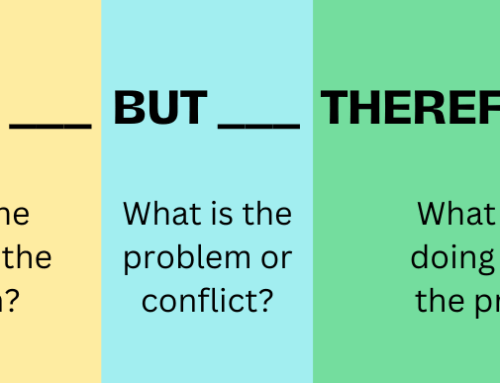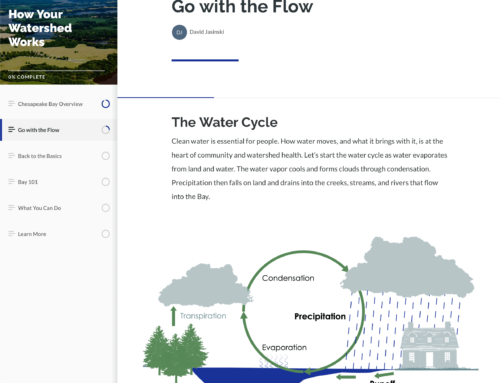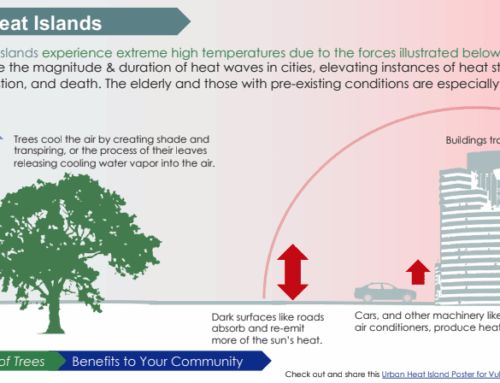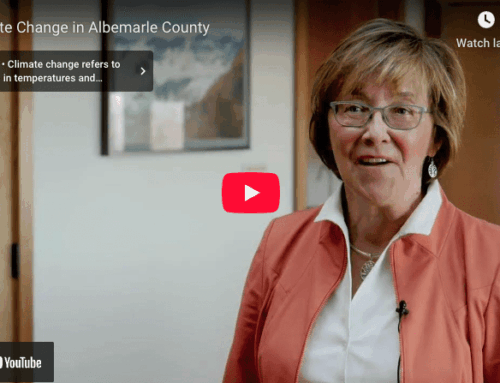A Holiday Conversation Guide On Climate Change
The holidays are fast approaching and one of the many hot topics (pun intended) that could come up at the dinner table is climate change. According to a new Morning Consult poll, only 9 percent of respondents plan to bring up climate change at Thanksgiving. While it might be easier to avoid the subject altogether, remember, these issues won’t communicate themselves.
Although it may feel as if you are talking to a brick wall at times, a recent publication by The Yale Project for Climate Communications found that people learned important facts that led to a better understanding about climate change through discussions with their friends and family! The same Morning Consult poll from above also found that 42 percent are more likely to start a conversation with friends or family compared to a year ago.
So take that big helping of awkward family conversation and turn it into something productive. Here are a few tips to help you prepare for those conversations this holiday season, whether it’s climate change or anything else difficult and controversial.
Be patient and don’t yell. Arguments about climate change aren’t always rooted in science, but may stem from deeper beliefs, like politics. You might not agree with what they have to say, but a single conversation isn’t going to change their minds. Raising your voice certainly won’t persuade them otherwise.
Take the time to just listen. We’ve heard it all before, but that’s because it’s true. Active listening is one of the most important skills you can have during a difficult conversation. Reflect on what has been said by paraphrasing and ask why they believe the things they do.
Make it personal, tell a story. Everyone loves a captivating story. Your relatives might not care about the melting ice caps, but they probably care about local events – so point out the growing number of extreme weather events or elevated heat levels. The Intergovernmental Panel on Climate Change (IPCC) has a handbook outlining six principles for effective climate change communication, including talking about the real world and connecting with what matters to your audience (i.e. your family members). You don’t have to look far to find human stories about the impacts of climate change.
If in the end, despite all your preparations, you still end up in a heated exchange, take a step back and remember that this is not a competition and you do not have to win. It’s fine to say, “I’ve enjoyed talking to you about climate change, but let’s take a break and get some pie.” Chances are, this won’t be your last conversation with this person, so just take a breather. In that time, you can consider what was said and maybe try again next year.
If you need some more guidance, there are several online resources that can help. The Nature Conservancy’s e-book “Can We Talk Climate?” outlines four simple tips to navigate a conversation about climate change. While just bombarding your relatives with facts and figures probably won’t do much to sway them, it does help to brush up on your own climate science knowledge. Skeptical Science has an arsenal of scientific facts to help counter those climate myths.







